Becky Baldwin, learning outside the classroom coordinator at Castle Manor Academy in Suffolk, explains the considerations needed to take students with SEND on educational visits.
At our Academy we strongly believe in equal opportunities for all, and learning outside the classroom (LOtC) is a valuable part of our curriculum. We encourage our students to be professional, resilient, optimistic, understanding and driven which make up our PROUD values.
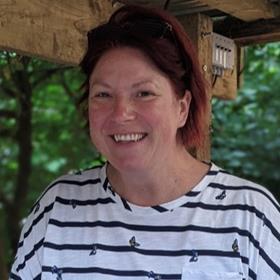
We offer a full range of activities including summer school, annual theatre trips, outdoor local adventures, plus UK and European residentials. Nearly 20% of our students have SEND so we make sure all our trips and visits are fully inclusive. We actively encourage those pupils to join their year group on all LOtC opportunities, as well as having their own dedicated residential at Thorpe Woodlands in Thetford every year. Additionally, they have a double lesson of LOtC once a week on their timetable as well as other options.
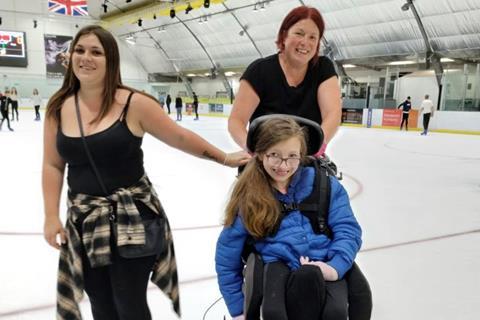
We have plenty of outside space at our Academy including growing areas for different plants and we have bought specialist kit such as combat archery and Kelly Kettles that our students with SEND can safely use to increase independence. These opportunities build up their strength, communication and motor skills. They also give our students with SEND a sense of accomplishment and a can-do approach to other things they may be confronted with.
Things to think about when planning a residential
We work together with our SENCo, school staff, parents and students to complete pre-trip visits to risk assess and answer as many of the ‘what ifs’ as we can. For the SEND Thorpe Woodlands residential, we make sure to take all the parents, staff and students to the venue beforehand to get an idea of what will be involved. It also allows the chance to ask questions and see the facilities in person. This puts everyone’s mind at rest and helps inform our planning.
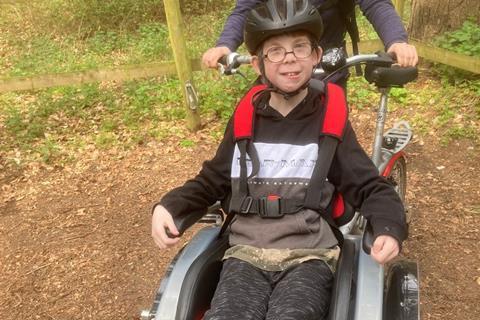
We all have very clear roles such as administering medicine, checking blood sugar levels, supervising eating, checking on students with medical needs when they are asleep, turning them and providing support for changing and personal care as appropriate. We have a school mobile phone and we share this number with students if they need us in an emergency. We also have a medical alert phone for our diabetic students.
Staff are first aid trained and some have specific training for EpiPens and diabetic student monitoring. If appropriate, we encourage parents to share a tracker app with their child’s permission which is particularly useful when we need to find our students quickly on a prepared walking route, and we also agree emergency check points with staff and parents just in case we need to meet.
“These opportunities build up their strength, communication and motor skills. They also give our students with SEND a sense of accomplishment and a can-do approach to other things.”
Making sure parents are happy with the arrangements and keeping them well informed is vital. We take time to email all parents with information and chat to them on the phone if needed to answer questions. We sometimes also arrange face to face meetings and include the student to tackle specific barriers attached to an activity.
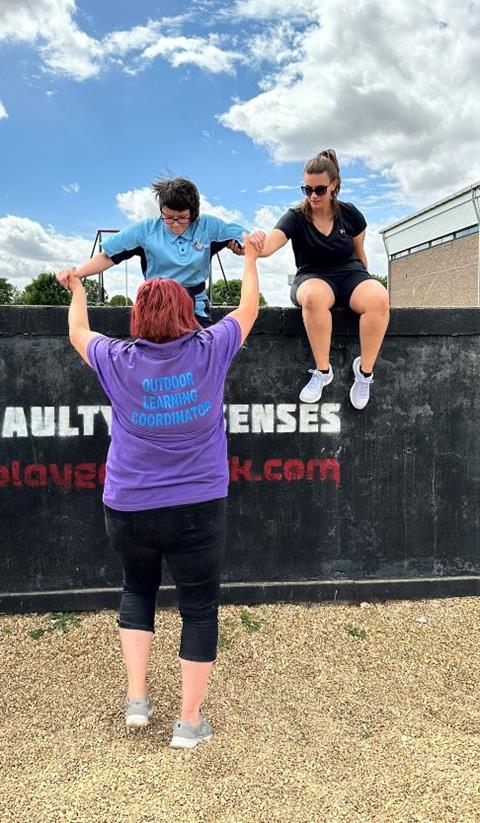
We always brief all staff and students before a trip with clear seating and travel plans, photos, videos and a long itinerary to include all the timings and what pupils need to bring. One other big consideration is checking the weather and thinking about how the trip fits into the diary. For example, our SEND residential is at the end of May when it is not too cold or hot and they have half term to recover. The venue is an hour away so they can easily dip in and out of the activities as appropriate, plus it means some of them sleep at the venue and some don’t. It’s flexible and can be adapted.
Don’t forget the staff
Getting familiar with a trip so you can plan for all eventualities and training up new staff so they can keep the good trips going is important for us. Take more staff than you think you need and look after them! Feed them, keep them warm and dry and make sure they are ok too - lifting down children with SEND from climbing equipment or pushing a wheelchair is exhausting, so 1:1 care is going to need to rotate hourly. Be sure to reward staff for all their efforts too - our teachers love a trip hoodie and they are becoming quite a sought-after item when encouraging staff to take part in upcoming trips.
Most of all, planning takes time - does your EVC and staff have enough to plan effectively? What pressures are they under and how can tasks be delegated to best use staff strengths? Staff who sort out the invoices, print the letters, send the messages, set up parent payments and make up the medical kits are key people to be really valued. Give them time to do what you ask and look after them too, you can’t do LOtC without them.
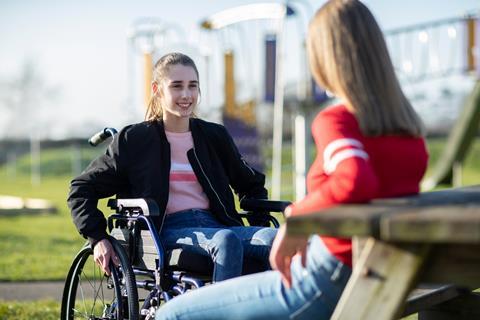
The biggest thing we’ve learnt over the years is the more you do with SEND and staff, the more they want to plan ahead for it. Our students with SEND are now going to PGL with the mainstream pupils as well as their own residential together. We also have students with SEND completing DofE expeditions and have had them travelling abroad on coaches, and soon, aeroplanes!
Communication and relationships are key but as any EVC knows, these LOtC experiences really are worth all the effort. Just like our PROUD values, I am proud to help make these things happen for our pupils with SEND. They deserve it, as do all our students.
Becky Baldwin has been an LOtC coordinator at Castle Manor Academy in Suffolk for more than a decade. Her role includes managing Duke of Edinburgh expeditions, as well as being the educational visits coordinator.
This article was first published in the Learning Outside the Classroom Yearbook 2024. You can read the digital edition here.





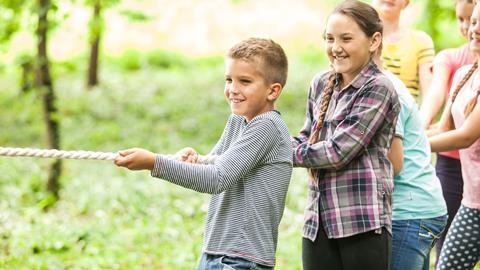






No comments yet